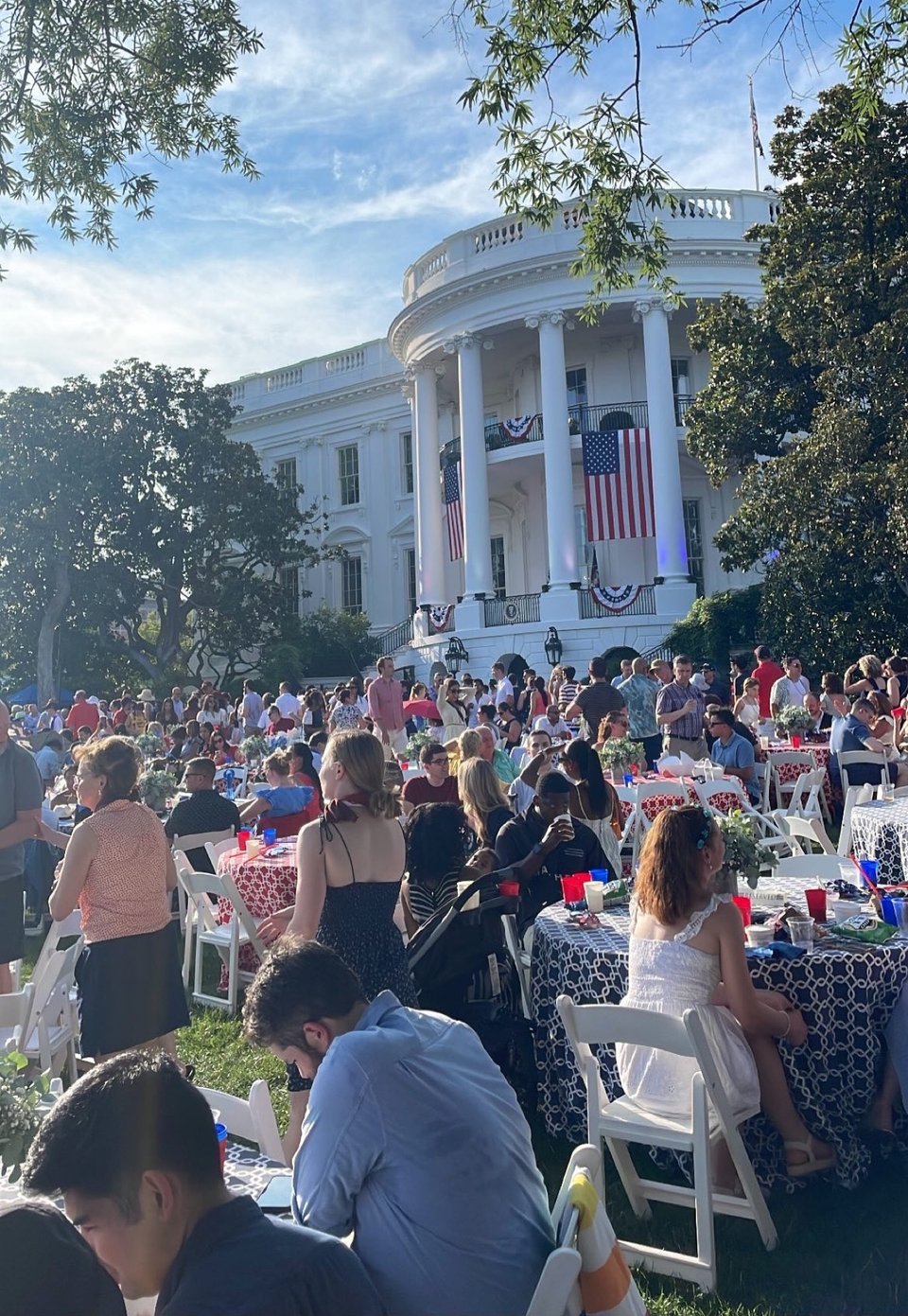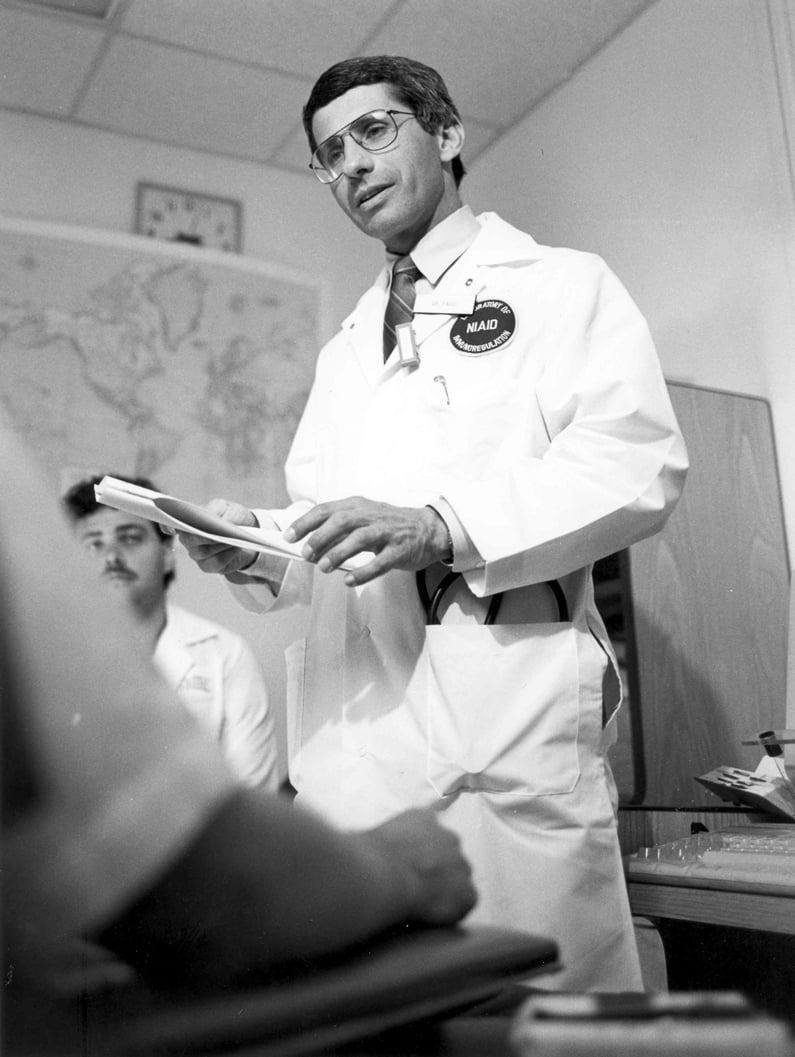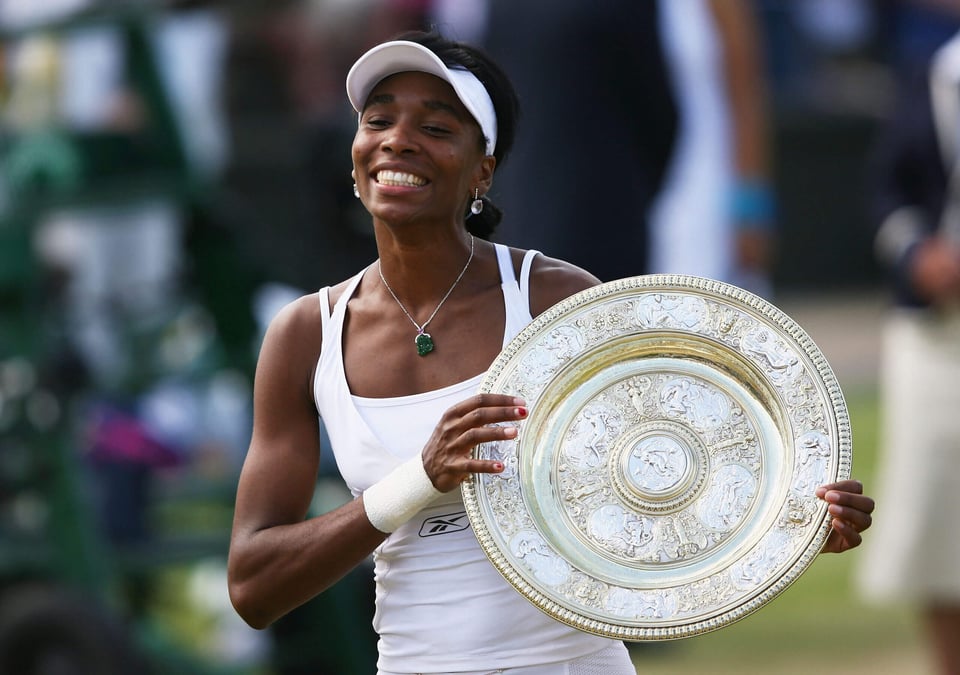Wednesday, July 5, 2023. Annette’s News Roundup.
I think the Roundup makes people feel not so alone.
To read an article excerpted in this Roundup, click on its blue title. Each “blue” article is hyperlinked so you can read the whole article.
Please feel free to share.
Invite at least one other person to subscribe today! buttondown.email/AnnettesNewsRoundup
_________________________
Joe is always busy.
Happy Fourth, America. pic.twitter.com/dJmLP8oxkt
— President Biden (@POTUS) July 4, 2023
🇺🇲🇺🇲FOURTH OF JULY 🇺🇲🇺🇲
— GeorgiaPeach OG Biden Babe 🥁🇺🇸🇺🇦 (@ChrisFromGA68) July 4, 2023
10:10am Back at the WH
12:15pm National Education Assoc. event
5pm @POTUS & FLOTUS host a BBQ for active duty military families
8pm Fourth of July Party for veterans and their families. POTUS delivers remarks
9pm Fireworks over the National Mall pic.twitter.com/YNbbA5413D
The President spoke yesterday to active-duty military families invited for a 4th of July barbecue celebration at the White House.
Listen to him at 5:00. 👇 Before him, first Chaplain Barry Black and the First Lady spoke.

_________________________
Kamala is always busy.
Doug and I stopped by Los Angeles Fire Department Station 39 to thank these extraordinary men and women who have dedicated their lives to protecting our communities.
— Vice President Kamala Harris (@VP) July 4, 2023
We hope everyone has a happy and safe Fourth of July! pic.twitter.com/87bS49oq9X
Happy Fourth of July! pic.twitter.com/kxqJG1IXkE
— Vice President Kamala Harris (@VP) July 4, 2023
_________________________
Trump’s notion of busy.
This is the image Donald Trump “retruthed” on the morning of July 4, 2023.
— Seth Abramson (@SethAbramson) July 4, 2023
He wants us afraid. He wants us divided. He doesn’t believe in democracy.
He’s a career criminal and traitor to America who belongs in federal prison—not on a federal ballot. He’s a danger to our nation. pic.twitter.com/s2udPa4Wjv
Trump just threatened Jack Smith again on his failed social media platform, saying that Smith should be “defunded and PUT OUT TO REST.” Good luck defending that language to the magistrate judge, Donald. Threatening the Special Prosecutor isn’t helping your case, nor deterring him
— Andrew—Author of America Rises On Substack—Wortman (@AmoneyResists) July 4, 2023
_________________________
A memoir from a woman who survived the Tulsa massacre, a terrible time in America.
Viola Ford Fletcher, oldest living Tulsa Race Massacre victim, publishes memoir.
 NEW YORK (AP) — Being a centenarian hasn’t slowed down Viola Ford Fletcher’s pursuit of justice.
NEW YORK (AP) — Being a centenarian hasn’t slowed down Viola Ford Fletcher’s pursuit of justice.
In the last couple of years, Fletcher has traveled internationally, testified before Congress and supported a lawsuit for reparations — all part of a campaign for accountability over the massacre that destroyed Tulsa, Oklahoma’s original “Black Wall Street” in 1921, when she was a child.
Now, at age 109, Fletcher is releasing a memoir about the life she lived in the shadow of the massacre, after a white mob laid waste to the once-thriving Black enclave known as Greenwood. The book will be published by Mocha Media Inc. on Tuesday and becomes widely available for purchase on Aug. 15.(Associated Press).
_______________________
Two men became friends at a terrible time in America.
Did you lose 100, maybe 50, maybe 25, maybe 1 friend or acquaintance during the AIDS plague?
2 warriors.
Anthony Fauci on Larry Kramer and Loving Difficult People.


I recently attended a memorial service for Larry Kramer, the award-winning playwright, author and provocative gay activist. It has been three years since Larry’s death, and a number of friends and colleagues gathered to pay him tribute at the Lucille Lortel Theater on Christopher Street in Greenwich Village, where his Obie Award-winning play, “The Destiny of Me,” opened in October 1992. I had a genuinely unique relationship with Larry for more than three decades, which I reflected on at his memorial and wanted to share here.
The date is June 26, 1988. A one-way conversation from Larry Kramer to Tony Fauci via the written word, in The San Francisco Examiner, reflecting a booming voice before I even knew him: “I Call You Murderers,” the headline read. “An open letter to an incompetent idiot, Dr. Anthony Fauci,” it continued. Fast-forward 32 years to May 2020: A brief two-way telephone conversation ending in a simple phrase. Larry, in a voice halting and weakened by years of a series of chronic illnesses, whispering, “I love you, Tony.” Tony holding back the tears, replying, “I love you, too, Larry.”
What happened during those 32 years that brought us to that last encounter was truly historic, since Larry was the initial driving force that changed forever the relationship between the advocacy community and the scientific and regulatory establishment. Larry was the battering ram who not only opened the door for his younger acolytes to participate in the formulation and implementation of the scientific and regulatory agenda of H.I.V./AIDS; he crashed it down. Along the way, Larry and I developed, as he often described it, a “complex relationship.”
I would become all too familiar with the tactics that he had mastered to an art form: confrontation, outrageous behavior, anger and insults followed by insight, rationality, sensitivity, vulnerability, empathy and even humor. I began to appreciate that it was pure passion related to his concern for the plight of what he called “my people,” the gay community, which drove him to outrageous behavior in order to gain the attention of the government and the general public concerning the disaster of the AIDS epidemic.
As we got to know each other better over the years, it became clear to me that despite his confrontational behavior, Larry had a pure, simple and unselfish goal — there were no hidden agendas with Larry. His passion was pure and his commitment unflinching in his attempts to jar people into realization of the seriousness of the AIDS epidemic. I quickly realized that despite his sometimes provocative behavior, he was as noble as the most respected scientist and public servant. And so we became brothers in arms.
Nonetheless, Larry became ambivalent about his closeness to me, his former nemesis, and he continually pushed me to do more. A typical example: He felt strongly that I should chain myself to the White House fence and, as he put it, embarrass President George H.W. Bush into speaking out more on AIDS and providing more funding for AIDS research. I explained to him that this would be 15 minutes of attention and I would immediately lose all access to the White House. No matter. He still felt I should do it.
In another moment of complexity in our relationship, Larry graciously invited my wife, Christine, and me to be his guests at the New York opening of “The Destiny of Me.” Although Tony Della Vida, the character who represented me, was trashed, as expected, he emerged as a nuanced person in a subtly sympathetic light. At the end of the play, Larry rushed toward me and asked apologetically, “Are you pissed off at me?” I told him that the play was masterly and that I was not offended at all. His relief was palpable.
Years later, as his physical condition deteriorated, I occasionally visited Larry in his apartment and in the rehabilitation center on the few times that I went to New York City. During a dinner that he threw for just the two of us in his Greenwich Village apartment, we reminisced like two aging warriors who recalled the battles that we fought together, how despite our initial adversarial relationship, we ultimately became partners in an important struggle and how differences of opinion and even a history of antagonism are entirely compatible with friendship and even love. (New York Times).
_________________________
Wimbledon is happening. One Williams was there.

Venus Williams won the fight for equal prize money – that is her greatest Wimbledon legacy.
Whenever Venus Williams decides to end a professional tennis career that has already lasted nearly three decades, her greatest legacy at Wimbledon will not be her 11 titles (five singles, six doubles).
Nor will it be her astonishing longevity that has taken in a debut in 1997 and included, as it stands, 24 appearances at the tournament — despite battling numerous injuries and the auto-immune disorder Sjogren’s syndrome.
It will be how she broke down racial and sexual barriers, and in particular played a pivotal part in one of the most important moments in Wimbledon’s history: the 2007 decision to award equal prize money to men and women.
Williams, now 43, described this on Saturday as “still the best moment of my career” and after a first-round defeat to Elina Svitolina on Monday night which is likely to be her final match at Wimbledon, it’s a moment that requires proper reflection.
It came after Williams juggled winning the title on multiple occasions with lobbying the All England Club to change its policy on equal prize money. On the day before winning her third Wimbledon title in 2005, she mixed practising forehands and backhands with presenting the case, unsuccessfully at that point, for equality to Wimbledon and the French Open. It was a level of selflessness comparable to Billie Jean King sacrificing so much of her career to lead the creation of the professional women’s tour 50 years ago.
Williams even wrote an op-ed in UK newspaper The Times on the first day of the London tournament the following year, where she asked: “How can it be that Wimbledon finds itself on the wrong side of history?” It remains an extremely powerful piece, in which Williams writes that “the decision of the All England Lawn Tennis Club yet again to treat women as lesser players than men — undeserving of the same amount of prize money — has a particular sting”.
It was fitting that Williams won the tournament again in 2007 and so picked up the first equally-lucrative paycheck.
But while Williams’ legacy will always live on, the sad reality is that even 16 years on from Wimbledon awarding equal prize money for the first time (to fall in line with the three other grand slam events), equality across the whole of tennis remains a long way off. There are numerous tournaments where women still aren’t paid equally, and in June 2022 the Financial Times reported that the total prize money awarded on the men’s tour for the year so far was 75 per cent higher than the women’s — “the widest the gap has been since 2001”.
Part of that was from men-only events, but there are similar discrepancies at joint ones.
This May, for instance, the men’s prize pot at the Italian Open (a Masters-level event one rung below the grand slams in stature) was €7.7million (£6.6m, $8.4m), more than double the women’s €3.6m. It was also revealed recently that at the four biggest combined events outside of the majors, the Women’s Tennis Association (WTA) has been contributing the funds for more than 60 per cent of the prize money to keep it equal to the men’s events. The WTA then announced last week that it was committed to achieving equal prize money for the two tours within the next 10 years. That’s 2033, 26 years on from Wimbledon’s Williams-inspired decision.
And who knows how long it’ll be before acts of sexism such as female models appearing on court in the place of ball girls or women’s doubles teams not being allowed to give post-match interviews, both of which happened at the Madrid Open (another Masters event) in May, will be eradicated. Or men’s matches being scheduled for the prime evening slot at the French Open on nine out of 10 occasions both this year and last. Let alone the baked-in inequality to all grand slams having the men top the bill and playing their final as the tournament’s climactic singles match.
And there is another element to all of this: the spectre of professional tennis going to Saudi Arabia, something that appears increasingly inevitable.
Nothing has been decided as yet but the Association of Tennis Professionals (ATP) chairman Andrea Gaudenzi said last month that he had held “positive” discussions with the Saudi Arabian Public Investment Fund (PIF) and other potential backers. There have been exhibitions played in Saudi Arabia before, but an ATP tour event there would be hugely significant. And it would mean that if the WTA want to achieve that aim of equal prize money across the board then they would have no choice but to follow suit — especially as the sums involved are likely to be considerable. Which would mean having tennis in another country, like Qatar and the United Arab Emirates, where women are severely oppressed.
The WTA may even move before the ATP does.
The WTA’s chief executive Steve Simon spoke last week of how Saudi Arabia had made “huge strides” when it came to women’s rights. He also revealed he had been to the Gulf nation in February, and although no decision has yet been made, the sense is that a tournament there is an inevitability, for both tours. Some staff members at the ATP and WTA would be uncomfortable with having events in Saudi Arabia, but there appears to be widespread acceptance.
In the lead-up to this year’s Wimbledon and already on the first day of the tournament, various players have been asked about it, and there’s been little dissent. Even Andy Murray, who previously said he wouldn’t play in Saudi Arabia when it was just exhibition events, admitted resignedly that: “It’s definitely something I would have to think about. Unfortunately, it’s the way that a lot of sports seem to be going now.”
King, a legendary pioneer for equality, said on Friday at an event celebrating the 50th anniversary of the founding of the WTA that: “I’m a huge believer in engagement — I don’t think you change unless you engage. I would probably go there and talk to them.”
Venus Williams herself said on Saturday: “I don’t think I’m well versed enough on the politics to speak in an educated way, so I’m gonna pass on that.”
Whatever happens with tennis in Saudi Arabia and the ongoing battle for equality across the board, Williams’ contribution to the cause will never be forgotten.
Current women’s world No 1 Iga Swiatek said on Monday that by the time she joined the tour as a teenager in the late 2010s she almost took equal prize money for granted: “When I came on the WTA Tour, I don’t know, I’m too young and it felt like it’s obvious that we have equal prize money, but I know it wasn’t like that. It still isn’t like that in some tournaments.
“When I grew up, I respected more and more the work that all these generations before have done for us to be able to do our job and get the money we deserve. Right now, I’m aware. But I still need to study a little bit. I’m just grateful that they made this easier for us — Billie Jean King, Venus as well.”
When this was put to Williams, she replied: “I don’t think any woman should have to worry about if they’re getting paid equal. I’m very happy that no woman again at a grand slam has to even concern herself with that.
“She can just play tennis.”
It’s a phenomenal legacy to leave behind.
It’s just a shame tennis as a whole still has such a long way to go in the battle for equality. (The Athletic. The New York Times.)